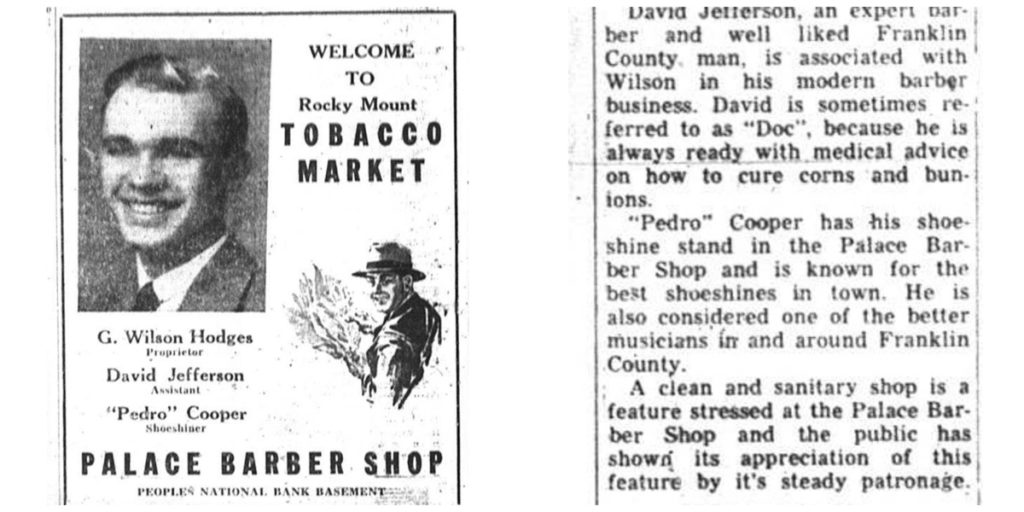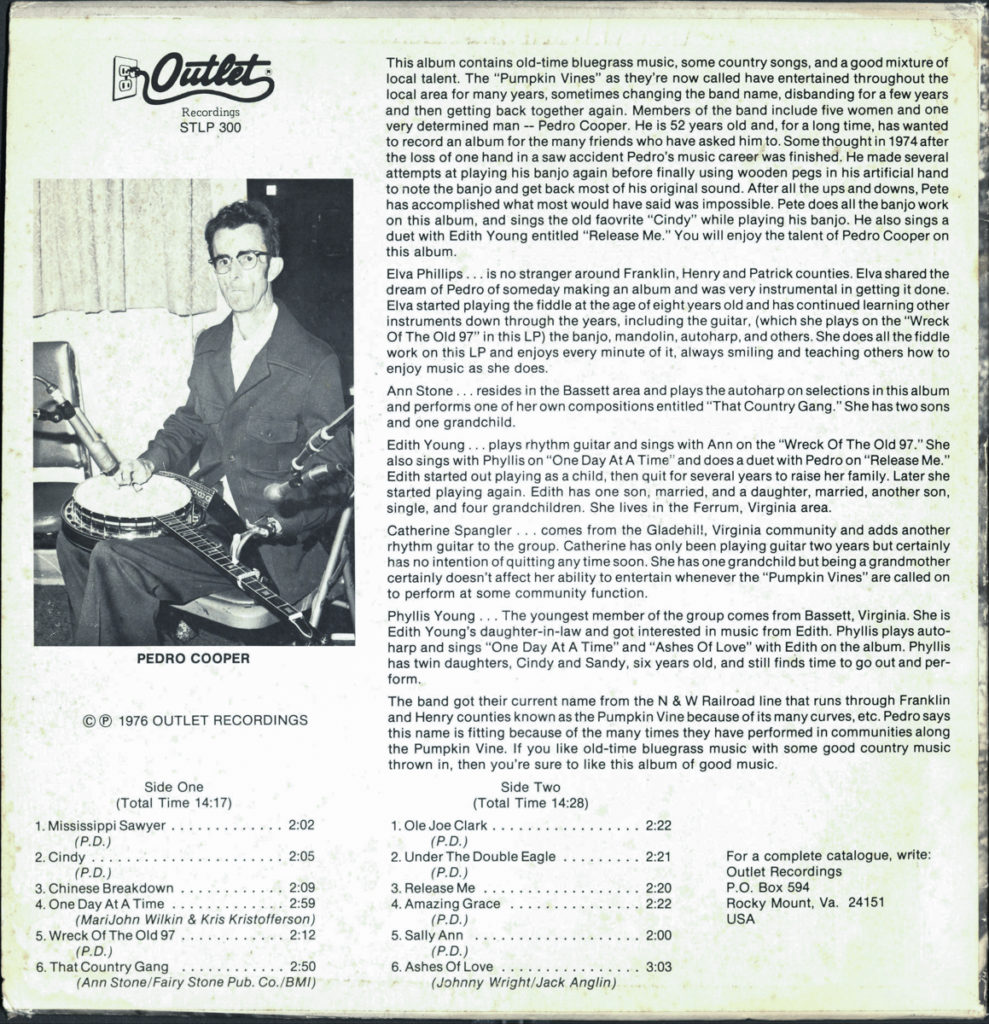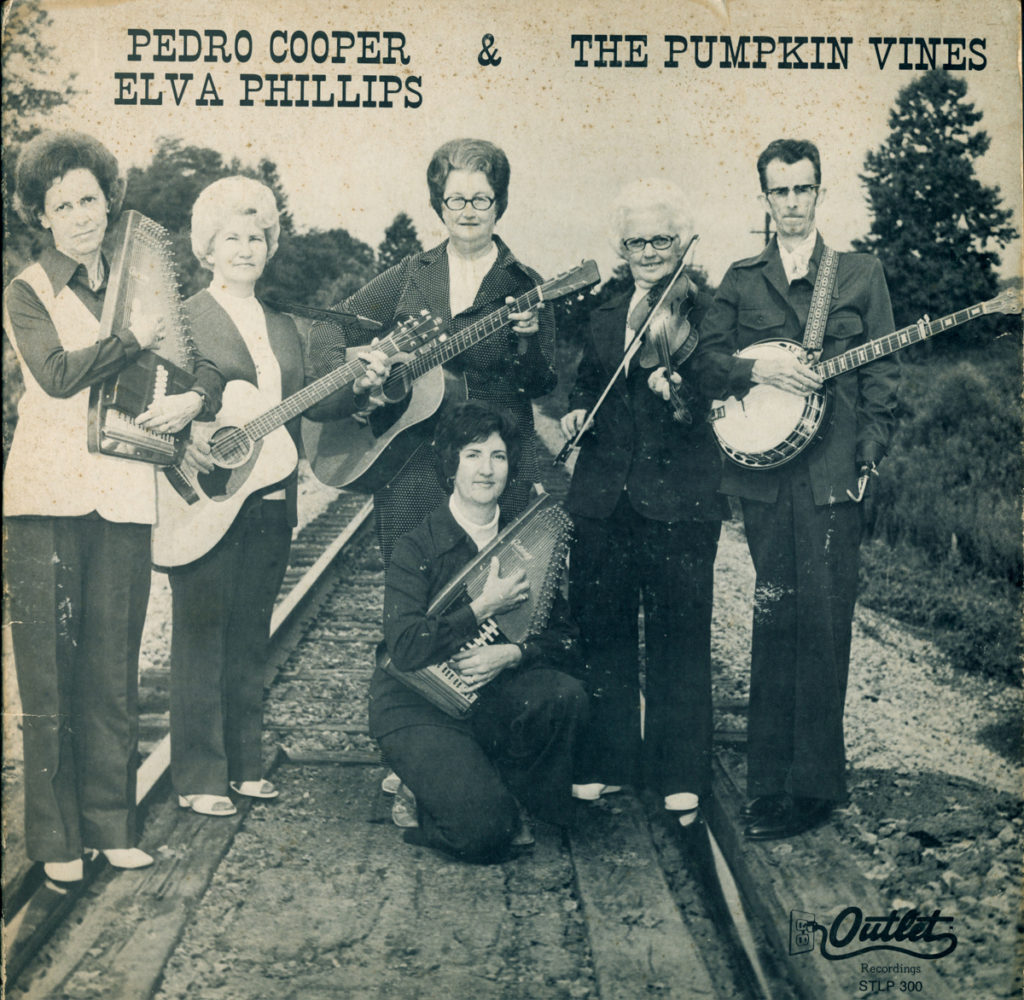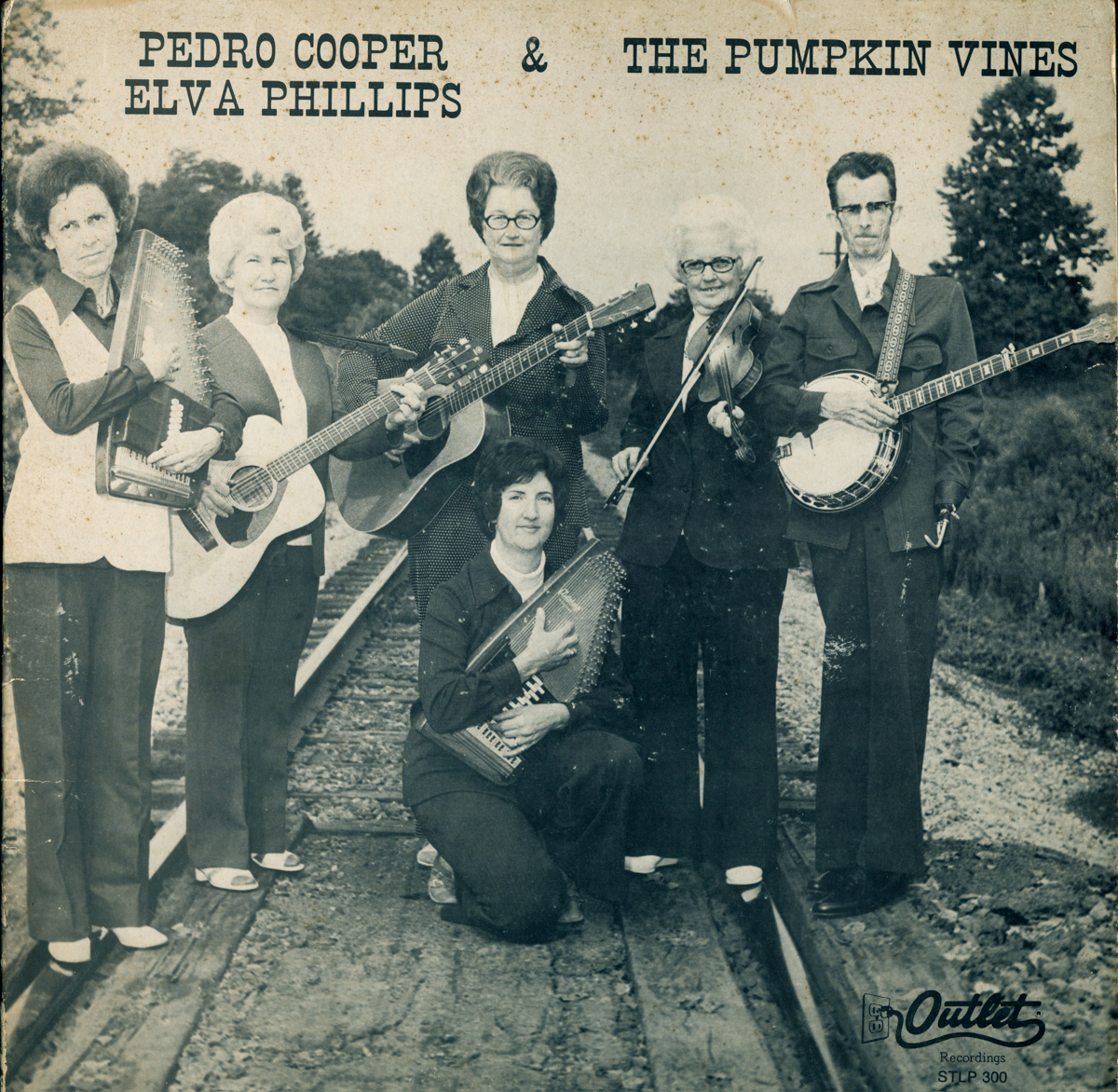Franklin County, Virginia, is at the eastern end of The Crooked Road, Virginia’s Heritage Music Trail. Today it’s known for good fishing and boating on Smith Mountain Lake and Philpott Lake, located at the northeastern and southwestern edges of the county. Before the lakes were created, Franklin County was known for its tobacco, dairy farms, apple orchards, and moonshine – indeed, it is called the Moonshine Capital of the World. A number of woodworking and textile plants were located in Rocky Mount, the county seat, and nearby companies like DuPont and Bassett Furniture competed for factory laborers.
But Franklin County isn’t just famous for moonshine and outdoor pursuits. It has also been home or the home-away-from-home for a number of storied musicians, not least of which was Charlie Poole (1892–1931), the North Carolina singer and banjo player. Charlie’s friend, musical partner, and later brother-in-law Posey Rorer (1891–1936), was born in Franklin County. Both would have been familiar with the musicians in the area – and, of course, the famed local moonshine.
One of Franklin County’s finest musicians, however, was a man you might not have heard of – Avery Nelson “Pedro” Cooper (1924–2001), a self-taught musician who played banjo, guitar, Dobro, mandolin, and fiddle. Pedro was born without a left hip joint, and at that time, there were no surgical options. According to his brother Cash Cooper, when Pedro was born, the doctor told his mother that “if he lived to be 12 years old, they would be fortunate to have him that long.” Pedro wore a built-up shoe to give him a “more steady walk.”
According to his 1942 Selective Service Registration, Pedro worked for barber Eldridge Martin. Cash reported that Pedro did shoeshining at the barber shop and did pretty well in tips. An article about the Palace Barber Shop in the September 17, 1953 “Tobacco Market Edition” of the Franklin News Post reports that “’Pedro’ Cooper has his shoeshine stand in the Palace Barber Shop and is known for the best shoeshines in town. He is also considered one of the better musicians in and around Franklin County.”

Pedro was particularly enamored with the banjo, especially with Earl Scruggs’s three-finger roll technique. He was in several bands through the years, playing for dances and other events. One of the bands he played with performed on WMVA radio out of Martinsville, Virginia, and on WREV radio in Reidsville, North Carolina, in the 1950s. Pedro often had friends over to jam on Sunday afternoons; fiddler Tommy Magness and banjoist Rudy Lyle, both of Bill Monroe and the Bluegrass Boys fame, would visit and play with Pedro when they were in the area. Magness left Monroe to play with Roy Hall and his Blue Ridge Entertainers (based for a time in Roanoke, Virginia) and later with Magness’s Orange Blossom Boys. Magness also played shows for WDBJ in Roanoke (just north of Rocky Mount). Lyle was a Franklin County native and would return to visit family and friends, with visits documented in the local newspaper.
In 1972 Pedro married Doris Thurman, relatively late in life for both of them. It was their first and only marriage. Doris also loved music, and she and Pedro met at a friend’s while he was playing music. At local jams and get-togethers, you might hear Doris say she wasn’t feeling good, but when the music started, she’d frequently get up and flatfoot a bit!
At some point, Pedro went to work at Lane Furniture as a cleaner in the machine room – sweeping up the sawdust, clearing the wood scraps, etc. For those who have not been in a woodworking factory, it’s often hard, repetitive physical work on concrete floors. It’s usually either hot or cold, quite dirty, and one works around noisy and dangerous machinery. For Pedro, it had to have been more difficult work without his left hip joint – constantly bending and stooping, and walking and standing on unforgiving cement floors.
Machine operators are supposed to turn the machines off and turn on locks to stop the various blades when they step away or when the machine area is being cleaned. But people don’t always follow the safety rules, and accidents happen. And so one happened to Pedro in 1974 when he lost his left hand and forearm at a bandsaw machine. Afterwards he was fitted with a prosthetic hook that enabled him to grip items. Pedro’s brother Cash states: “He didn’t make any music for a good while, but someone mentioned or inspired him [to use a wooden peg].” Pedro would lay the instrument (banjo, guitar, or Dobro) across his lap and would use the wooden peg or dowel in his prosthetic hook to note the instrument.

While he couldn’t navigate the fretboard as he did before, he developed a new technique and continued to perform with The Pumpkin Vines, a band he and fiddler Elva Phillips had established. The band was named after the Norfolk & Western railroad line that went through Franklin, Henry, and Patrick Counties in Virginia, and was called the Pumpkin Vine because the route twisted and turned like a growing vine. The Pumpkin Vines released two albums on Outlet Records (out of Rocky Mount, Virginia) in 1976 and 1977 featuring old-time, bluegrass, and gospel tunes. Live recordings of Pedro and the Pumpkin Vines, made at the 1982 Blue Ridge Folklife Festival at Ferrum, Virginia, are available through the Digital Library of Appalachia. The tunes “John Hardy” and “Under the Double Eagle” are particularly fine examples of Pedro’s post-accident banjo style.

I was lucky enough to know Pedro and Doris as family friends; we went to the same church, and our families were often at the same events. People would bring food to share at these gatherings, and a core group of folks brought instruments and played music together. When the music was particularly tight, some folks would get up and flatfoot. Pedro and Doris visited at my parents’ home in Rocky Mount one summer. I had a tape recorder and asked permission to record the music. My father had been after me to learn to play “Down Yonder” as Del Wood did on the Grand Ole Opry, and so he asked Pedro to play it for me on the banjo. I don’t know that Pedro had ever played it, but he gave it a go in the home recording below with my mother accompanying him softly on guitar. At the end you can hear Pedro, ever humble, saying: “That’s not exactly right, either.”
Pedro Cooper made music a big part of his life while facing disability and hard times, and he then later overcame a horrible factory accident to remake his musical self, not letting go of the songs and tunes he’d played his entire life. And so remember Pedro should you travel the eastern end of The Crooked Road, near the route of the Pumpkin Vine rail line.


